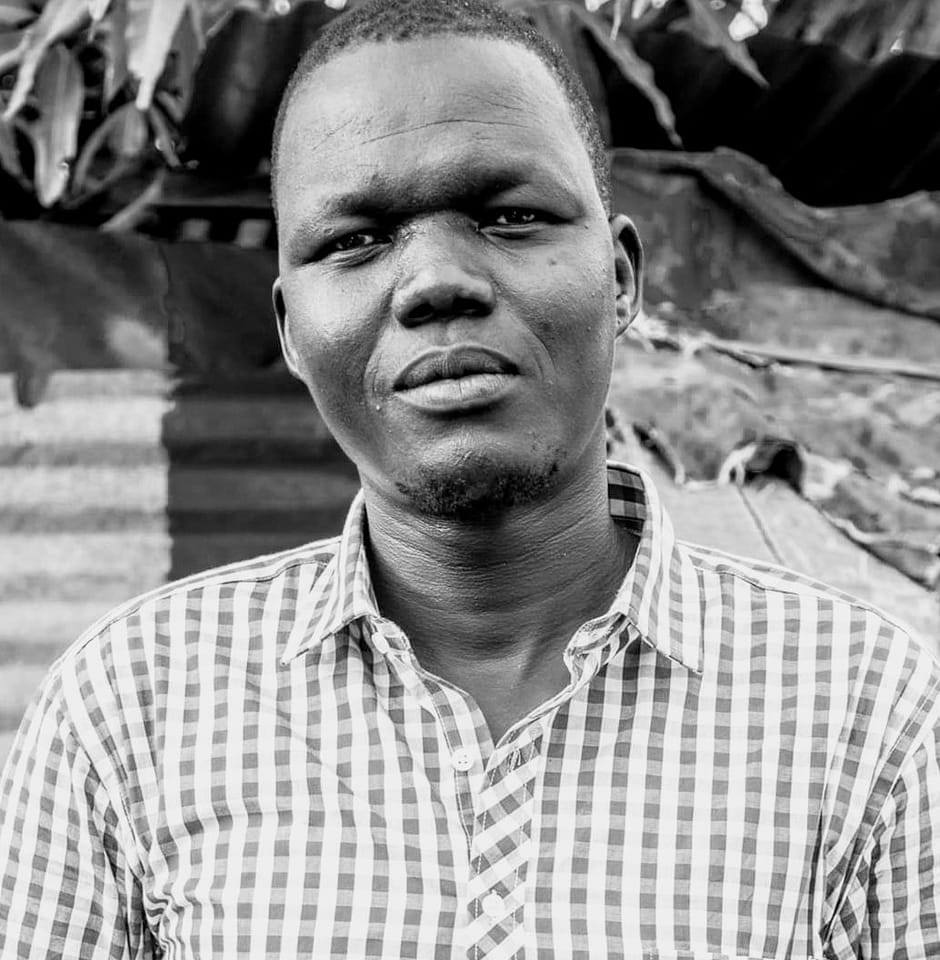
For Certified Khartoumers Only
The City, Daughter of Necessity - Dimitri Averinos
(1)
Khartoum has a tremendous and illustrious history, yet it also carries a negative reputation among its residents. In fact, the people of Khartoum, with their diversity, have intricate relationships of love and hate within the city. Some Sudanese believe that Khartoum was built on the ruins of other great cities, such as Atbara after the dismantling of its railway, the Jazira project, the free death wars in the peripheries, and the hunger and thirst in the east. Some also see the citys overcrowding and the limited availability of services primarily in its three major cities as a valid reason for their resentment. However, regardless of these opinions, Khartoum remains beloved and holds a special place in the hearts of those who come to it. In my case, as a child of South Sudanese displaced during the first Sudanese civil war from 1955 to 1972, I was naturally drawn to it.
(2)
I discovered the city more deeply during my teenage years, thanks to my brother, who lived in Omdurman/Abassiya, and the stories of my father - rarely told - about the old Khartoum. My brother took me to various places, from the Kombooni playgrounds to the Al-Kawkab Club in Bahri with Coach Abu Hadeed, and we ended the day with a swim with basketball players. I accompanied him to every sports or cultural event, from the Army League at the dilapidated Talat Harb Stadium to the Greek, Syrian, Coptic clubs, and the Rabia conference in Omdurman. We also had interesting trips to Shambat, Al-Kidir, and other places. Years passed until I had my first work experience outside Khartoum at the Merowe Dam. Contrary to my expectations, I found myself, like Bandar, as the people of the region addressed me, chatting with tea vendors and enjoying other beverages. However, this feeling grew stronger when I traveled south, and I was once again labeled as a Khartoumer. I was always offended by the term Khartoumer due to its negative political connotations within the context of South Sudan.
(3)
Now, as I reflect on the city, having reached the limit of devastation that affects our childhood memories and the sources of our livelihood, the nostalgia and sorrow for what it is going through have reached an immense level. For me, Khartoum, the city, represents a sense of security for many of us Kartoums children. It is my home, my mothers house on Yousif Street, and the Banatari Cemetery, where she rests in peace. It is the Fifteen Market in Fatahebab, the last stop of the Real Estate Bank, Al-Riyadh, the Caffeine Caf�, Bab Costa, and the Bahri Municipal Street swim after Sunday prayer. It is the Fattah dish in the Coptic neighborhood across from the Khartoum Evangelical Church, the Ashbal conferences at the church, the Bishops Gardens in Al-Jaref, the compounds, the Nazlawi and Zabita College in Souq Nimerah after a long and tiring day with students like Dein Hajar, and most importantly, what Habib Boy John calls the winter trip, the Arbaeen swim with Awad Sharhabil, the Engineers holiday, and the pleasant breeze in the Firdous with Samer, and the dances in the coffee shops in Jganin Al-Qahwa Al-Samaha and the book hunt with Ali.
(4)
What is happening now is more than just the burden on the city and the negligence of its rulers, resulting in destruction of infrastructure, buildings, and pillars of certainty. It is more horrifying than being a revenge against the Sudanese of Khartoum, the South Sudanese, Ethiopians, Eritreans, and others, or a response to their uprising for freedom. What is happening erases its existence, its meaning, and its dignity. It destroys homes that have accompanied the childhood of life, the peculiarities associated with the beliefs, worship, values, customs, and diverse social tendencies of its inhabitants. It is the work of the god of war that uproots homes, accumulates destruction, and closes streets that were once vibrant with life and radiant with dreams.
(5)
When I think about Khartoum, about the destruction that has affected and continues to affect buildings and the efforts of millions of families over decades, the construction and dedication to achieving even a minimal sense of security, and when I hear news of the violation of civilian homes or when a shell crafted with the savage instinct of killing destroys the house of an extended family that has inherited the essence of this house from generation to generation, this bombardment not only assassinates the pillars of a safe home but also uproots certainty from its walls and removes the roof of tranquility from its inhabitants, both those who are in it now and those Kartoums outside it in these difficult moments. But, yes, the accursed war machine may destroy the entire city, but undoubtedly, it will not defeat Khartoum. The city, daughter of necessity, will not be defeated.
June 3, 2023
Arua Park, Kampala - Uganda

